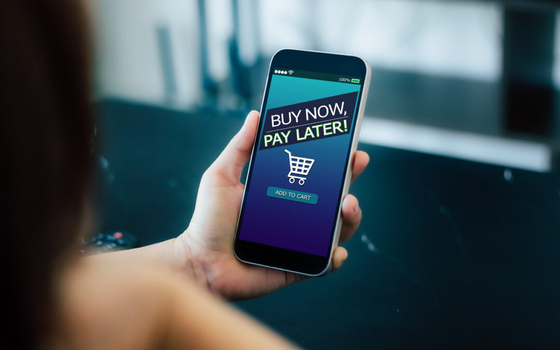Once reserved for big-ticket items like TVs and plane tickets, buy now, pay later (BNPL) services are rapidly expanding into everyday essentials like groceries, utility bills, and food delivery.

A recent New York Times report highlights Tia Hodge, a mother in Georgia, who used BNPL provider Klarna in early April to split a nearly $400 grocery bill into four interest-free payments. “Food prices have gotten so high that paying all at once is hard,” Hodge said. “Installments really help families trying to stay within a monthly budget.”
According to a new survey by financial platform LendingTree, 24% of Americans have used BNPL to buy groceries — up from 14% last year, a 71% increase. More users are also turning to BNPL to pay for utilities like electricity, gas, and internet, as well as streaming services.
While some consumers welcome BNPL as a no-interest alternative to credit cards, experts warn that relying on installment payments for essentials could signal deeper financial distress. LendingTree found that one in four BNPL users missed at least one payment last year.
Government data supports the financial strain. Since 2020, food prices have risen nearly 28%, according to the Department of Labor. The Department of Agriculture adds that low-income households earning under $50,000 a year now spend over 30% of their post-tax income on food.
This pressure appears to be driving more low-income consumers toward BNPL services. Companies like Klarna, Affirm, and Afterpay are expanding rapidly to meet this demand. However, delinquency rates are rising as well.
Last year, the Consumer Financial Protection Bureau (CFPB) announced plans to regulate BNPL providers using the same standards as credit card companies. But earlier this year, the CFPB removed BNPL from its list of regulatory priorities.
Experts caution that while BNPL can offer consumers flexibility, its zero-interest appeal can lead to overuse and, eventually, a new kind of debt crisis.




